

Neri Zilber
Neri Zilber is a journalist covering Middle East politics and writes regularly for Foreign Policy, the Christian Science Monitor, Financial Times and other international outlets. He also serves as an adjunct fellow at the Washington Institute for Near East Policy and as an adviser to Israel Policy Forum, where he hosts the Israel Policy Pod.
Latest from Neri Zilber
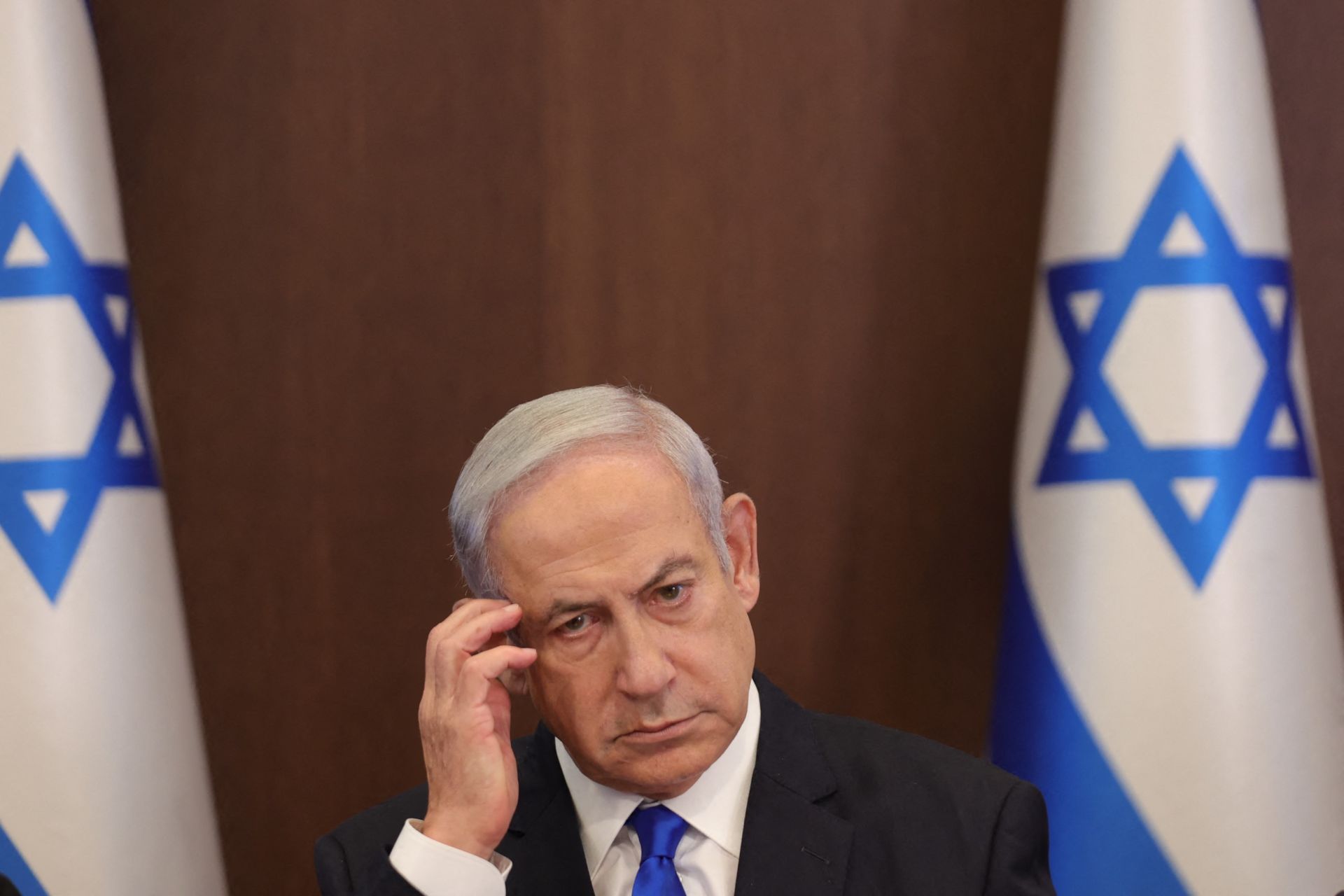
Netanyahu Is Running Scared of Israeli Media
Netanyahu has tried to project an image of “business as usual” to the outside world — but also to his domestic subjects. Given the lack of any real questioning in Hebrew, the local press is left to scour the prime minister’s English-language utterances for clues as to his intentions.

Campaigners Want a Beachfront House in Israel To Be Protected. The Government Wants To Destroy It
Neighbors, local municipal officials and a small group of supporters are pushing for Nissim’s house to be declared a national heritage or even a UNESCO World Heritage Site. The authorities, led by the Ministry of Environmental Protection, insist the house must be sealed and destroyed. Nissim’s fate, and that of his longtime home, will be decided by the courts.

Netanyahu Holds the Key to De-escalating Israel’s Crisis
Protest leaders are clear-eyed that there is nothing politically or institutionally that can force the government to back down, save more public pressure and the disruption of daily life inside the country. The government has so far refused to negotiate or even pause its legislative blitz.

Israel Set to Dismantle Supreme Court and Any Judicial Opposition
Gone would be Israel’s Supreme Court’s ability to strike down illegal legislation. Gone would be the consensual appointment process historically used to pick judges — the government would dominate the process, packing the courts with its own. Gone would be professional legal advisers in the ministries. Politicians would have a free hand.

Cautious Optimism After Israel-Lebanon Maritime Deal
Analysts remain unconvinced that this is the end of the maritime deal saga. The impending agreement is escalating into the most divisive political issue inside Israel mere weeks before the Nov. 1 election. It could yet prove to be the trigger for military conflict after Israelis go to the polls.
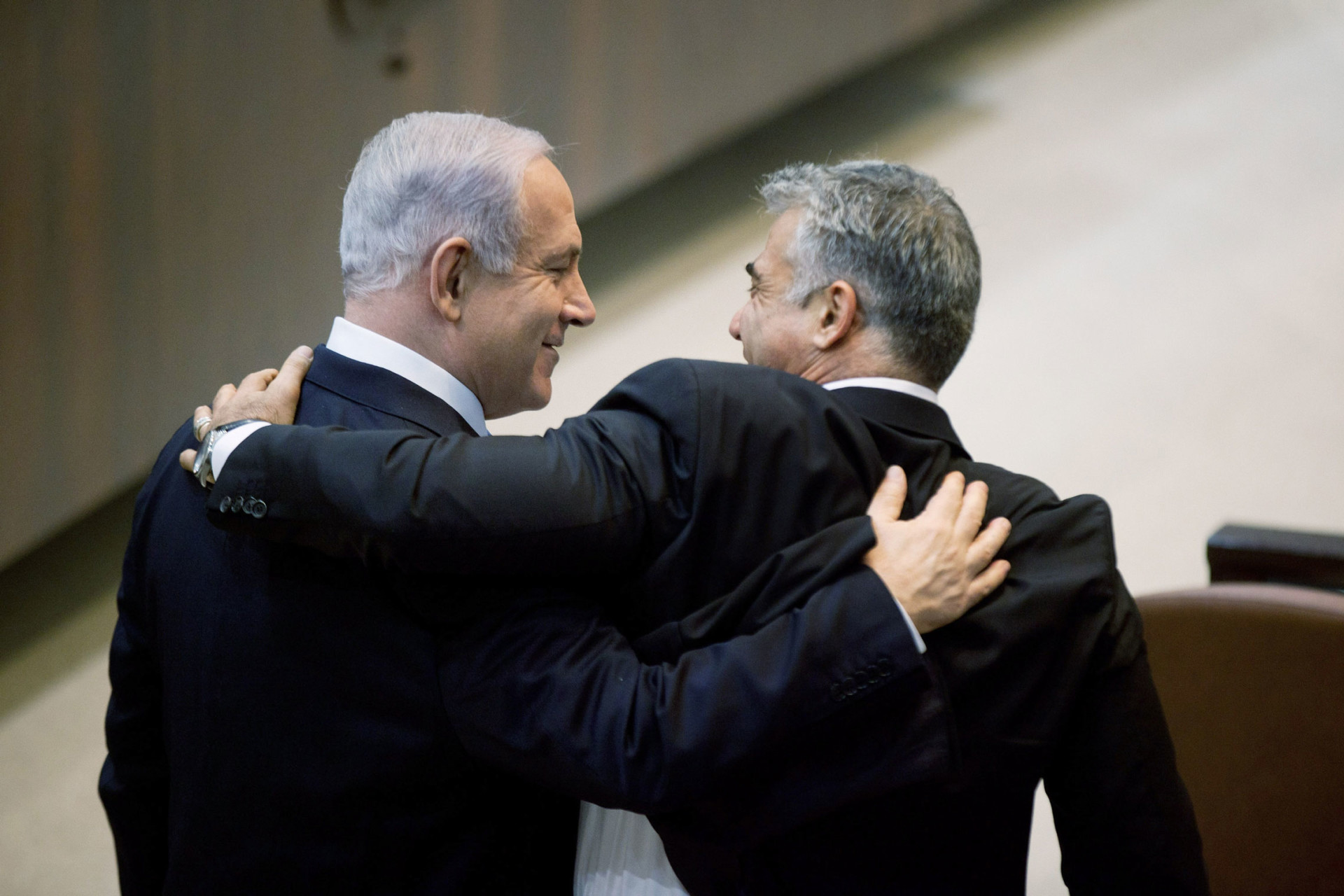
In Rejecting Iran Nuclear Deal, Israeli Rivals Are of One Mind
This highly public battle between Israel’s two leading politicians serves to obfuscate one core truth: They’re both opposed to renewing the nuclear accord with Iran and are employing many of the same means (albeit with clear differences in style and tone) towards this end. This is exactly what Lapid has tried to highlight, not least to the Israeli public.
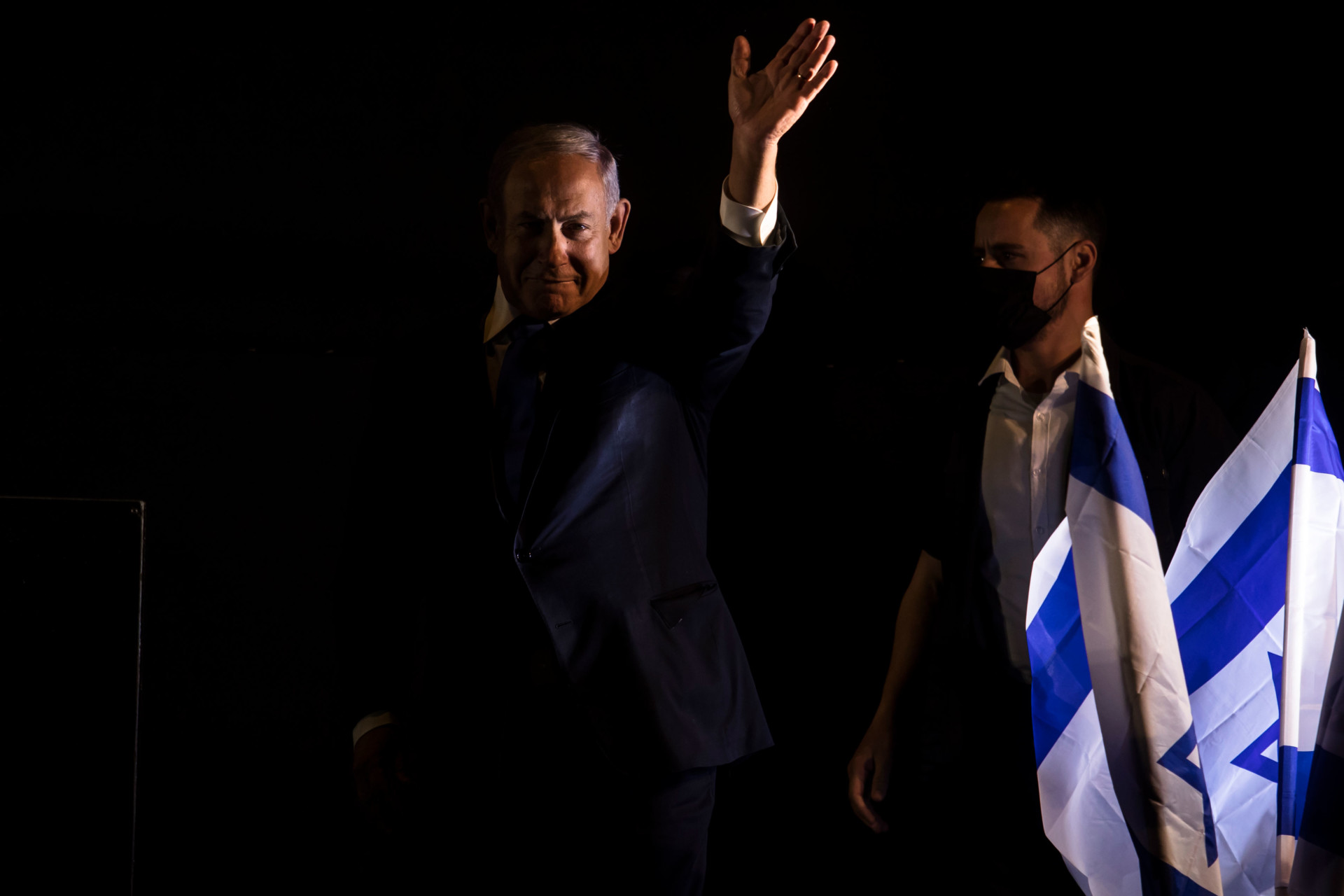
What If Netanyahu Wins?
The 80,000 Likud members who voted in the primary election returned a hardline and slavishly pro-Netanyahu slate. The two main goals professed by nearly all of them? To not only restore “King Bibi” to his rightful place atop the country, but to begin a wholesale revolution in Israel’s democratic system.

Israel and Gaza Keep Up Their Precarious Dance
The situation on the ground in both Israel and Gaza has returned to pre-war “normal,” a testament to the strategic value of the economic and civilian facets of their budding relationship. But absent a longer-term understanding, this precarious dance will just push off another conflagration.
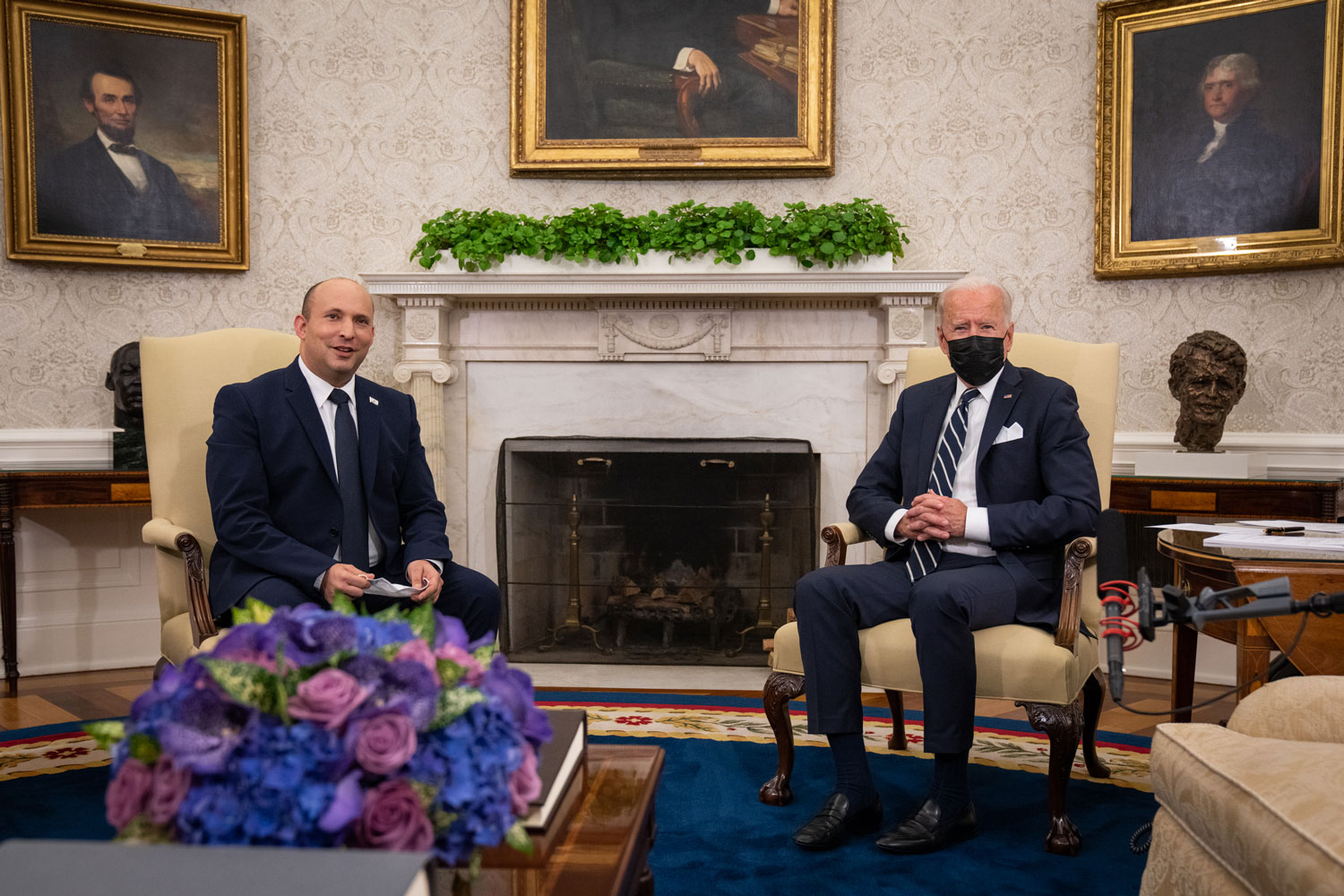
Why Israel (Sort of) Misses the Iran Deal
Earlier this year, Israeli military intelligence ruled out the chances of any new deal including Iran’s malign regional activity and of Iranian missile development as extremely unlikely — contrary to demands still aired periodically by certain Israeli officials and U.S. analysts. Today, albeit not widely publicized, in Israeli eyes the nuclear issue should be completely decoupled from the regional dimension, lest it create more bargaining power for Tehran.

Israelis Watch Afghanistan and Remember Lebanon
While Israel isn’t the U.S., and Lebanon isn’t Afghanistan, the common themes that run through both sets of wars are jarring, especially in the way a Western democracy tries to end a military campaign and how it manages (or not) the fate of local allies who fought alongside it.
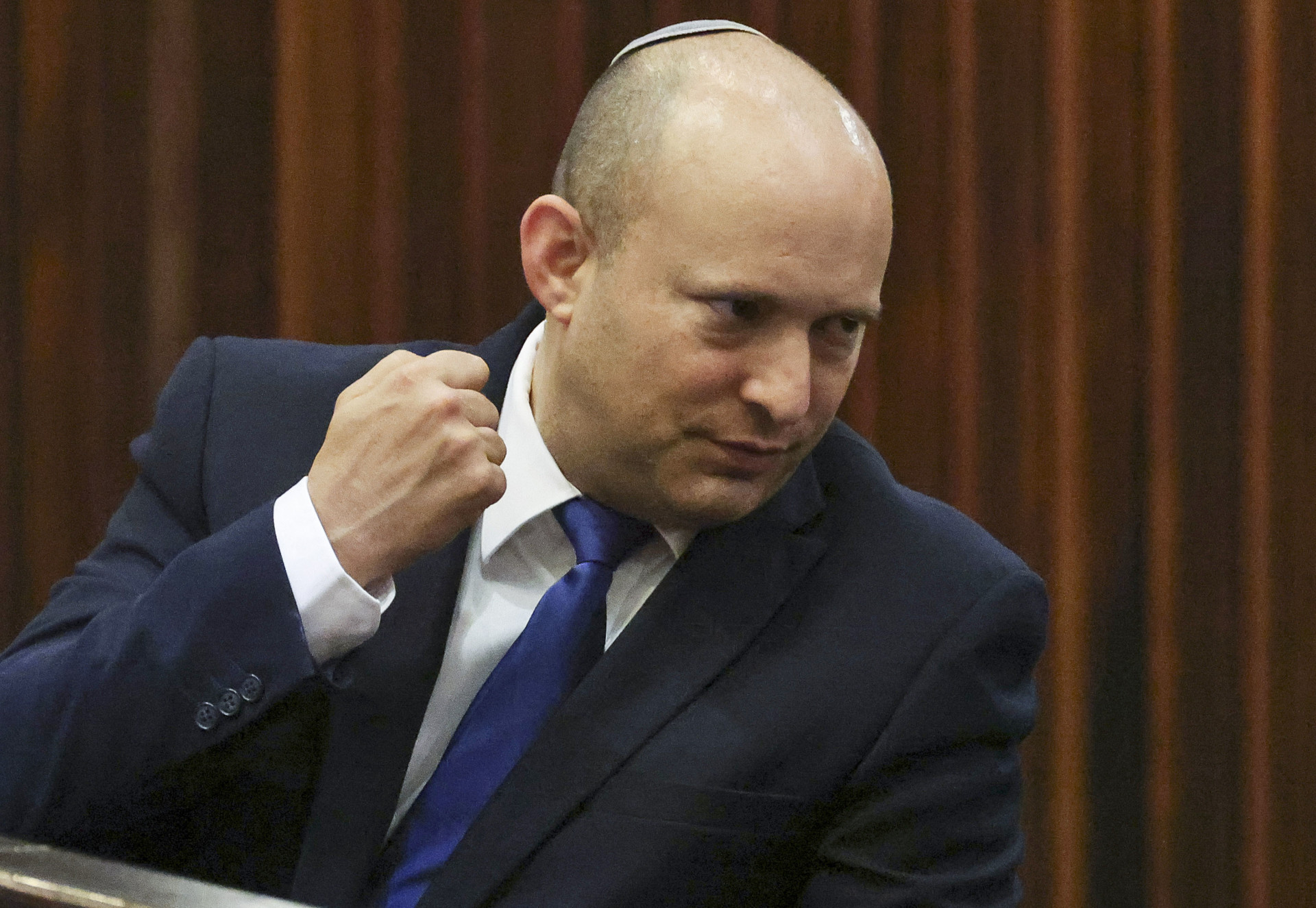
How Benjamin Netanyahu’s Former Vassals Dethroned “King Bibi”
The very political figures that Israel’s longest-serving prime minister Benjamin Netanyahu nurtured and elevated conspired to end his reign. They did so, not out of ideological resolve, but out of exasperation that Netanyahu’s last days were following the Trump playbook.
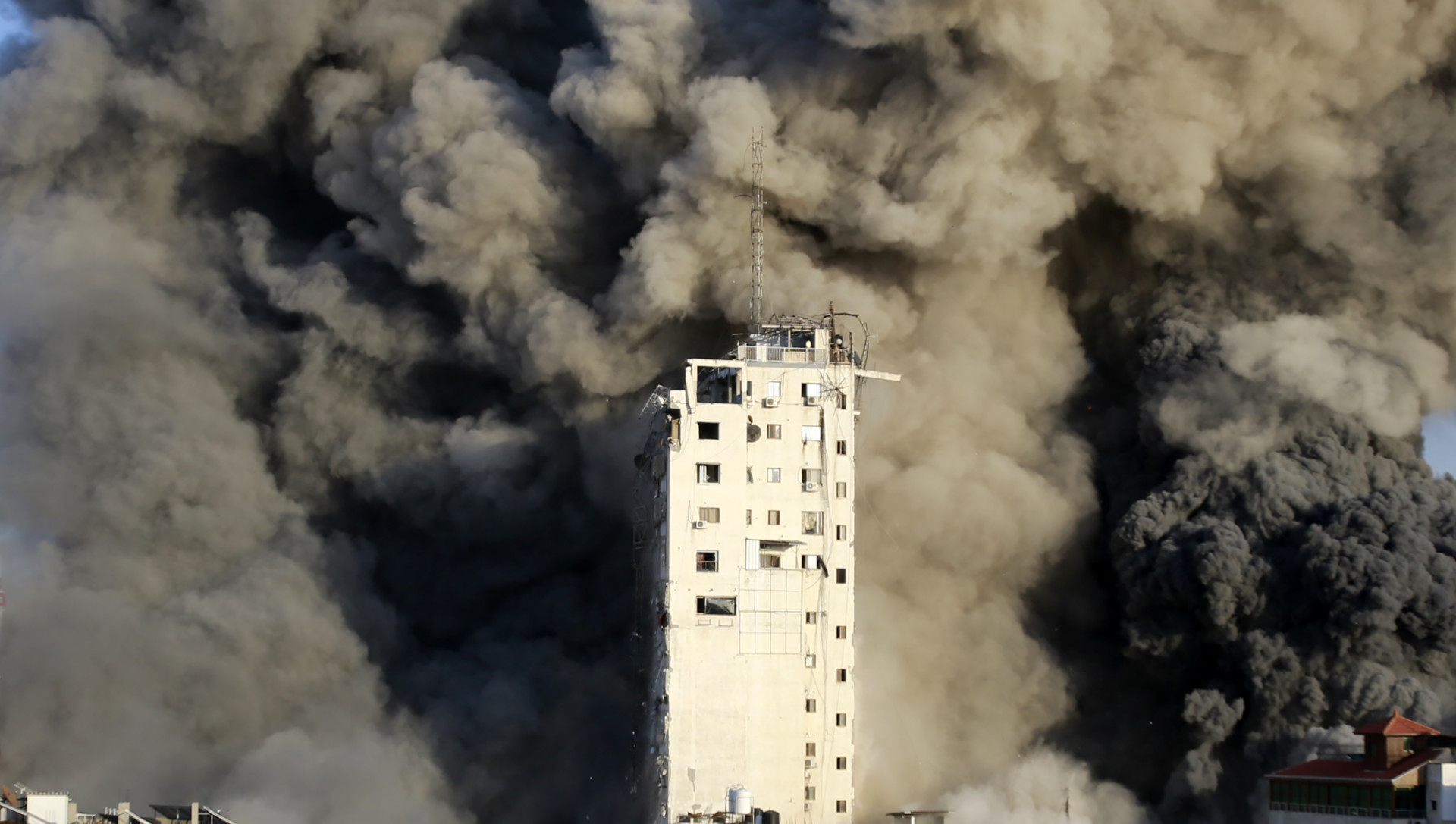
The War That Shouldn’t Have Been
Even amid the weeks of unrest, Israeli military had assessed that Hamas wouldn’t jeopardize the established “rules of the game,” as defense officials unofficially call a years-long pragmatic arrangement between the two sides. But this arrangement, quiet for easing measures, was upended by recent events.
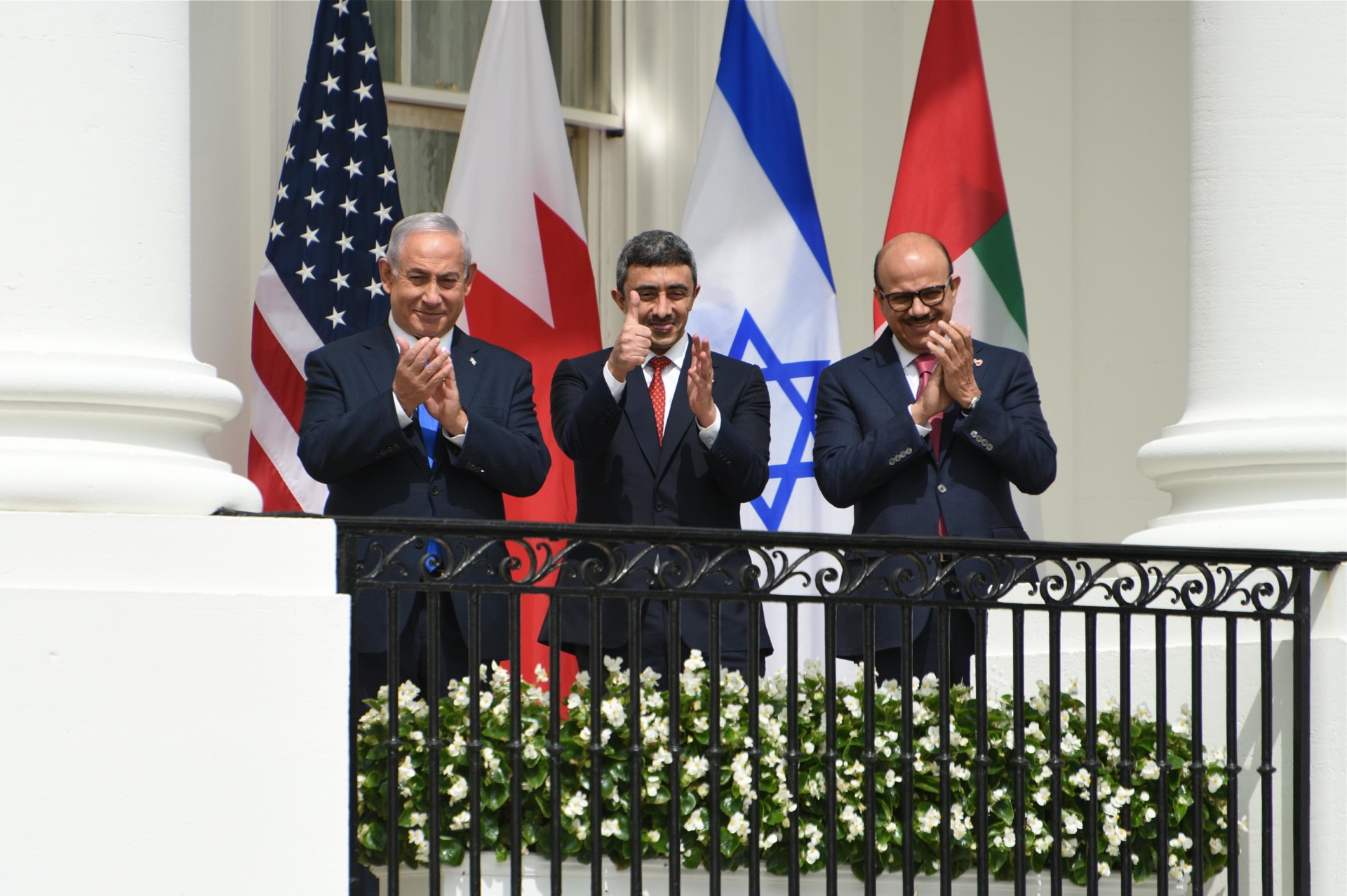
Israel to Biden: Tehran Can Wait
The U.S. and Iran are set on a course for renegotiating the 2015 nuclear deal. While reporting, I found that Israelis see a lot of room to maneuver, particularly in light of Arab countries’ normalization with Israel.

The Talented Mr. Dahlan
How Dahlan ended up in Abu Dhabi at the side of a crown prince is still shrouded in mystery, although the likeliest explanation is that the connections of Mohammed Rashid, an Iraqi Kurd and the PLO’s former “money man,” paved the way.
